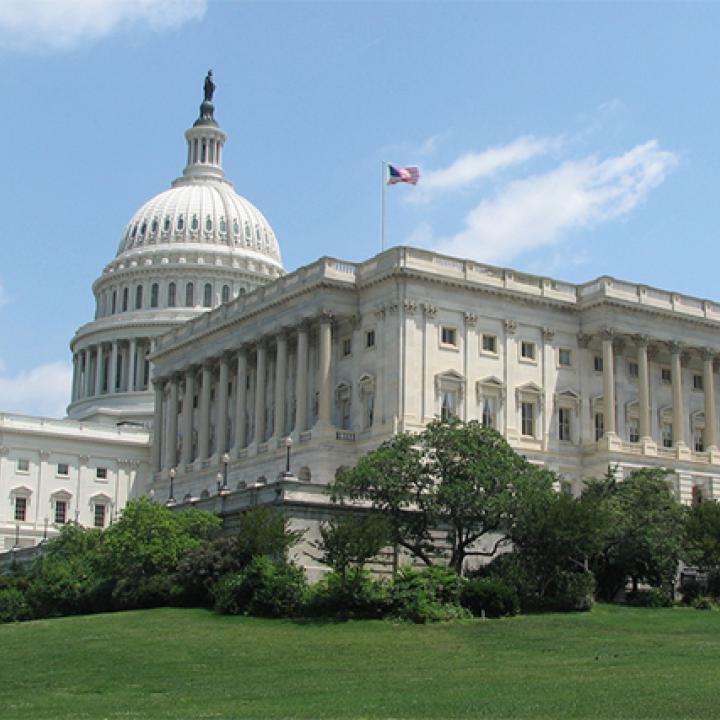
- Policy Analysis
- Congressional Testimony
U.S.-GCC Relations: Closing the Credibility Gap

The additional steps promised at the Camp David summit do not constitute a game-changer in U.S.-GCC relations, especially since the Joint Statement is so vague regarding specific steps to counter Iran's destabilizing activities.
The following is an excerpt from remarks prepared for a House Foreign Affairs subcommittee hearing. Download the PDF to read the full testimony, or watch video on the committee's website.
The high-level summit in Camp David last May with leaders of the six Gulf Cooperation Council (GCC) states -- Bahrain, Kuwait, Oman, Qatar, Saudi Arabia, and the United Arab Emirates -- focused on assuring them that the U.S. remains committed to their security, while winning their support for the nuclear deal being negotiated with Iran. A Joint Statement released at the summit described the outlines of "a new U.S.-GCC strategic partnership" and highlighted a number of areas where the United States and the GCC committed to enhanced cooperation:
- Security assurances: The U.S. stated its readiness "to work jointly with the GCC states to deter and confront an external threat to any GCC state's territorial integrity that is inconsistent with the UN Charter," to include "the potential use of military force."
- Missile defense: The GCC states committed to "the development of a GCC-wide Ballistic Missile Early Warning System" as well as improved missile defense cooperation.
- Military training and exercises: The parties agreed to "a new, recurring, large-scale exercise emphasizing interoperability against asymmetric threats, such as terrorist or cyber-attacks," and more frequent counterterrorism cooperation and training involving Special Operations Forces.
- Arms transfers: The United States agreed to fast-track arms transfers to GCC states.
- Maritime security: The GCC states agreed to increase their participation in international maritime task forces on counterterrorism and counter-piracy and to further steps to share information about illicit arms transfers, while the U.S. agreed to additional training and assistance for coastal security, protection of offshore infrastructure, and counter-smuggling.
- Counterterrorism: The parties agreed to initiatives to further build their capacity to track, investigate, and prosecute those engaged in terrorist activities within their borders, to deter transit, financing, and recruitment by violent extremists, to identify and share information about suspected foreign terrorist fighters, and to cut off terrorist financing.
- Critical infrastructure and cybersecurity: The parties agreed to consult on cybersecurity initiatives and share expertise and best practices, and the U.S. agreed to provide additional assistance in this area, including workshops, exercises, and information sharing.
- Regional security: The parties committed to cooperate in finding peaceful solutions to the region's conflicts in Libya, Yemen, Syria, and Iraq, to a solution to the Israeli-Palestinian conflict, and to counter Iran's destabilizing activities.
The statement also contained an endorsement by the GCC of the administration's efforts to negotiate a "comprehensive, verifiable deal that fully addresses the regional and international concerns about Iran's nuclear program," and reaffirmed the parties' willingness "to develop normalized relations with Iran should it cease its destabilizing activities" and "their belief that such relations would contribute to regional security."
While many of these announced measures would mark a step forward in U.S.-GCC relations, much will depend on follow-through in the months and years to come -- particularly with regard to countering Iran's destabilizing activities....
House Subcommittee on the Middle East and North Africa




